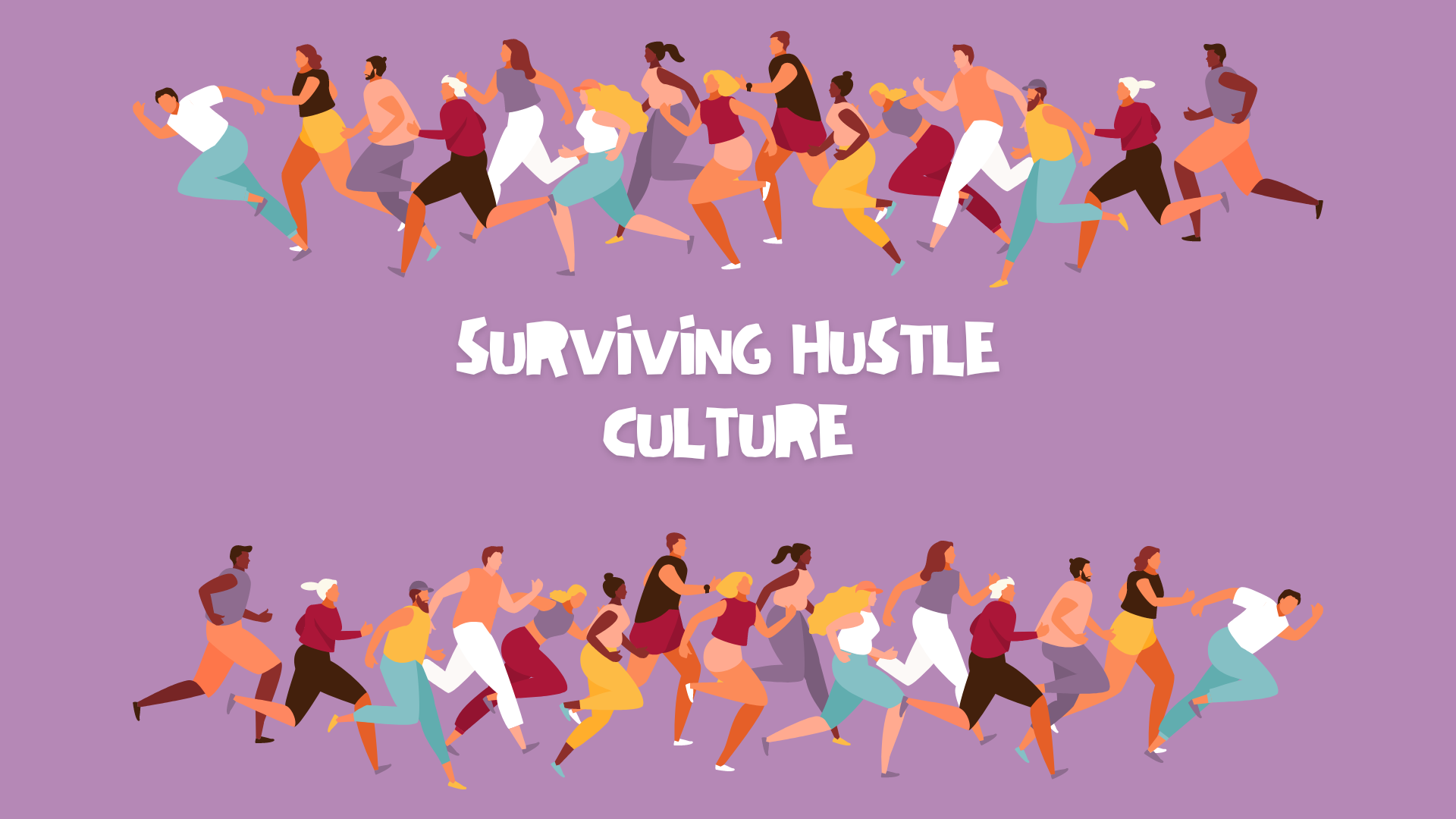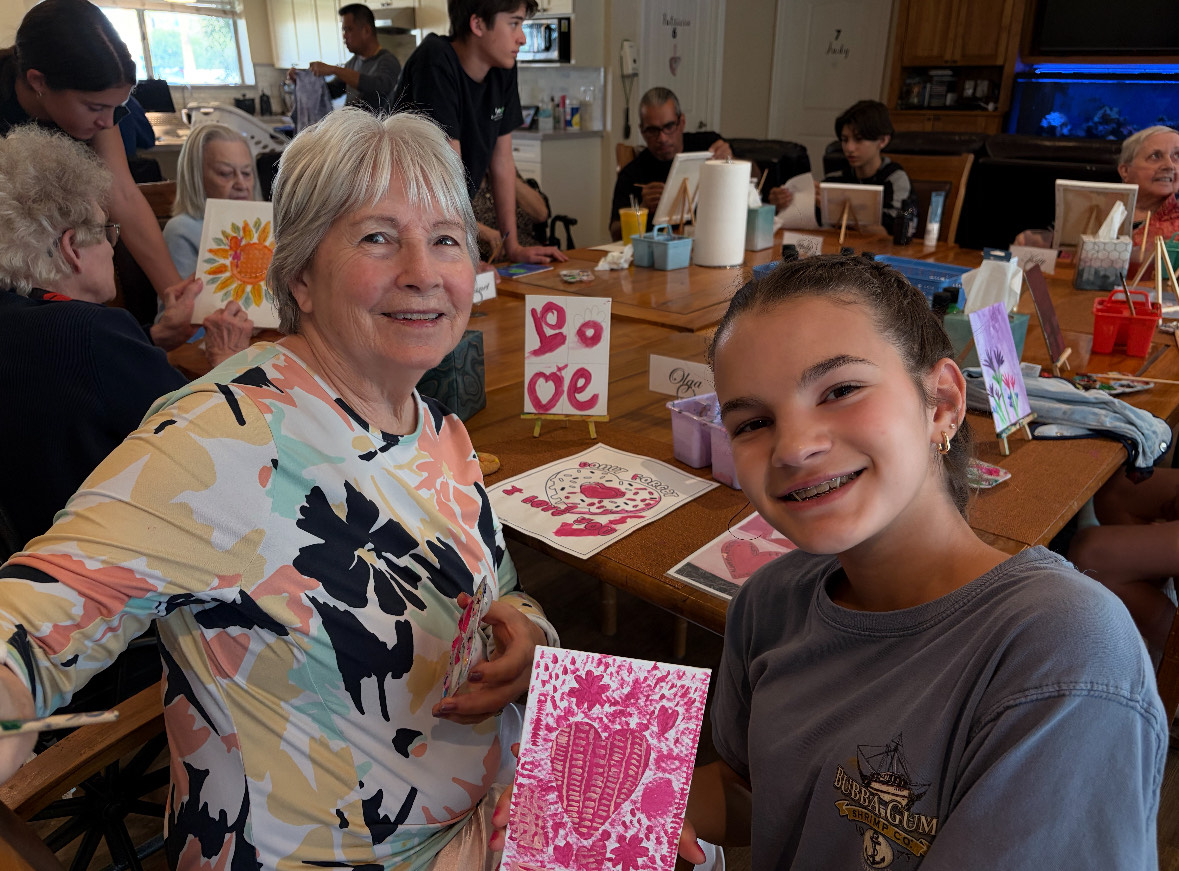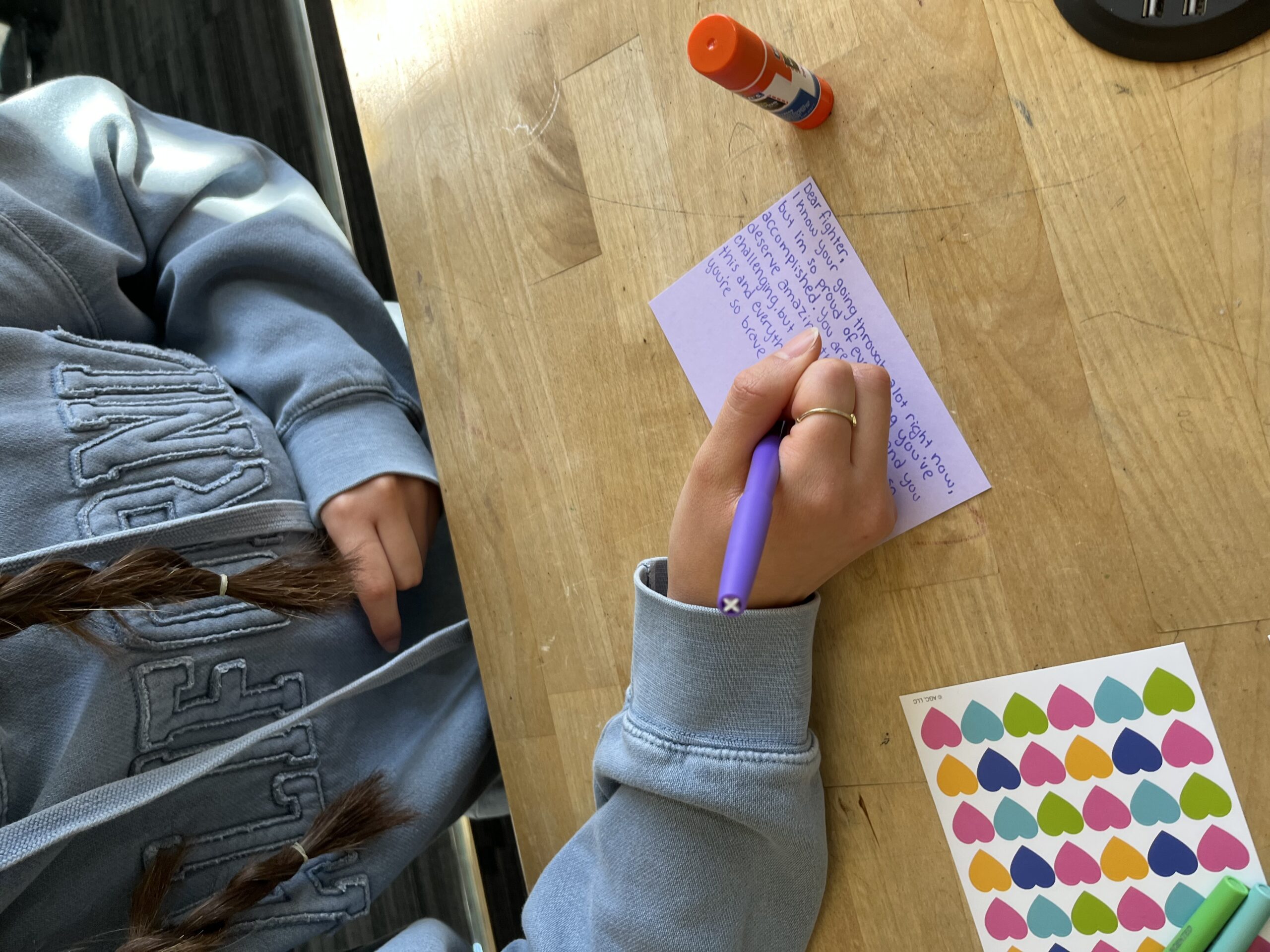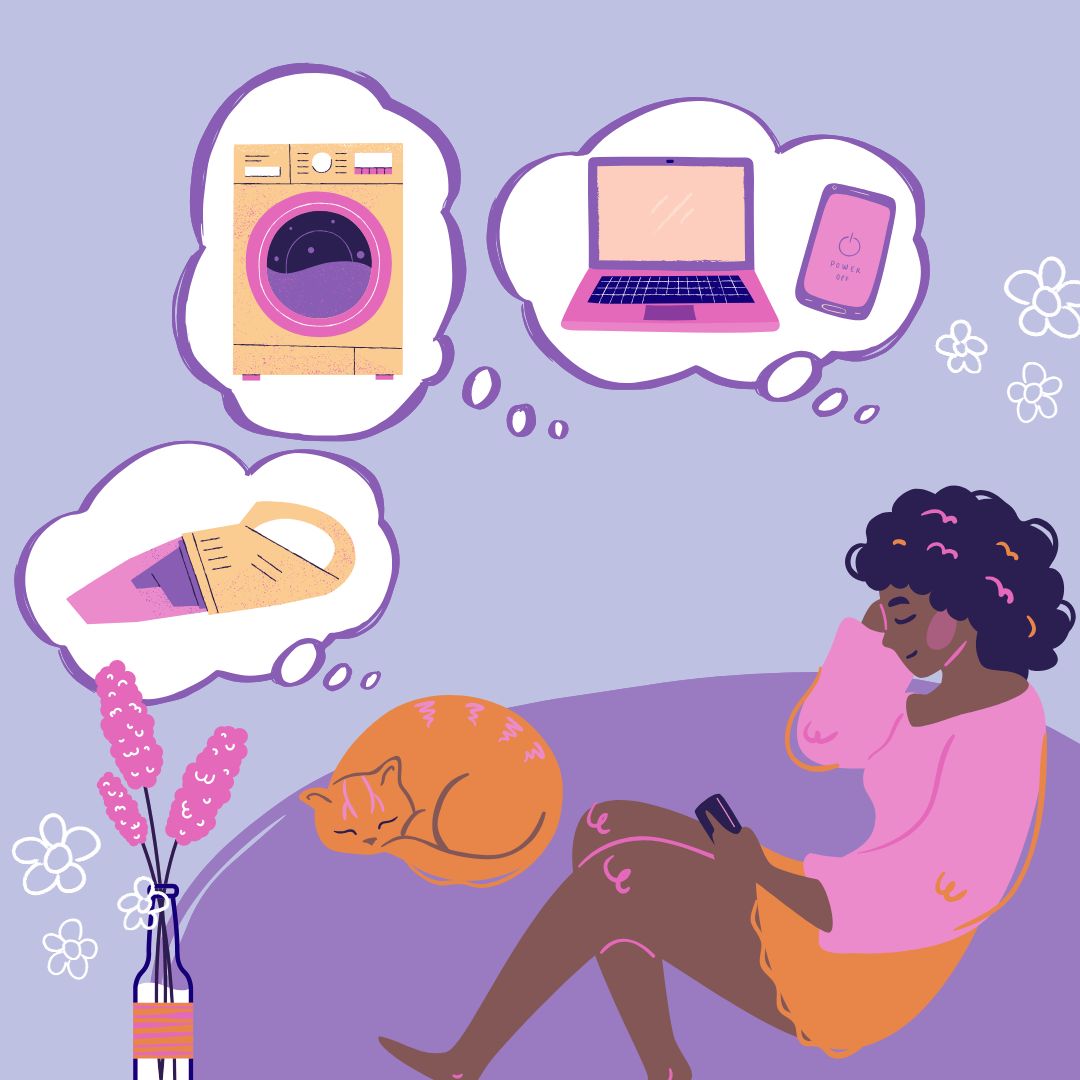When spring semester rolls around, so do the hushed conversations: “Do you have something lined up for the summer yet?” When the LinkedIn posts with, “I’m happy to announce…” start piling up, so do the anxiety levels of those who have no news (or so they think) to happily announce.
Hustle culture constantly rears its ugly head, whether it’s at competitive universities or through trends such as #ThatGirl on TikTok.
As a freshman at university, I remember feeling immensely daunted by the sheer range of opportunities to pick from, and the guilt of missing out on some when choosing others. There seemed to be heavy expectations to get a 4.0 and excel at a sport and write for the college paper and do research with a professor and get an internship and maintain a thriving social life and eat healthy, all while looking flawless. What, perhaps, exacerbated this was the fact that any downtime at all —- such as summer breaks —- had me feeling like I was missing out on things I was supposed to do, so much so that I never took out time for myself and went back to university each semester feeling more exhausted than ever. This very adversely impacted my mental health and made me realize that some change was long overdue.
In this piece, I don’t wish to ignore the reality and completely disown hustle culture for all its harmful effects. Our economies and the world, as we know it today, are built on this philosophy’s back, although with Gen Z entering the workplace has arrived hints of a welcome respite. For many of us, it simply isn’t possible to operate completely outside hustle culture and abandon it. However, there are a few things I did that helped further my mental health during especially trying times:
- Not living life on a deadline: For most university students, the clock in their lives stands forever at 11:59 PM, as we move frantically past assignments and projects and exams. Deadlines worked well in improving structure when it came to my schoolwork, but I found myself transferring this ethos to other parts of my life (for example, thinking that I have to get started on passion projects before a certain semester and not because I truly found fulfillment in it). Living life by the deadline is something we’re all susceptible to: doing things just because they look good on paper and not because they’re something we’re truly interested in. This was a lesson I zealously applied and was able to get out of it personal endeavors that fell within my realm of interest and which I worked on purely for the joy of doing so.
- It truly is a marathon, not a race: It does sound cliched, but this philosophy helps so much in staying grounded and not letting comparisons or imposter syndrome get in the way. The only person you’re in competition with is yourself —- even though it sometimes may not seem like it. Comparing yourself to someone you admire and trying to replicate their journey never truly works —- in fact, it may cause more harm than good.
- Time for randomness: As someone who lives off of Google Calendar, this advice helped so much: scheduled time for randomness. This is so important when it comes to self-care because when it’s written down on a calendar, it becomes concrete and unskippable. Your time for randomness doesn’t have to be strictly self-care in the well-lit, aesthetically pleasing, Instagram version sense. Is it going out for a sweet treat with a friend? Is it lazing in bed in your pajamas for your umpteenth Bridgerton rewatch? Anything that helps you destress is a winner!
These definitely helped me stay grounded and took my mental health to far better places. Whatever you do, don’t forget to keep yourself at the center and mindful of what you need. You’ve got this!





















